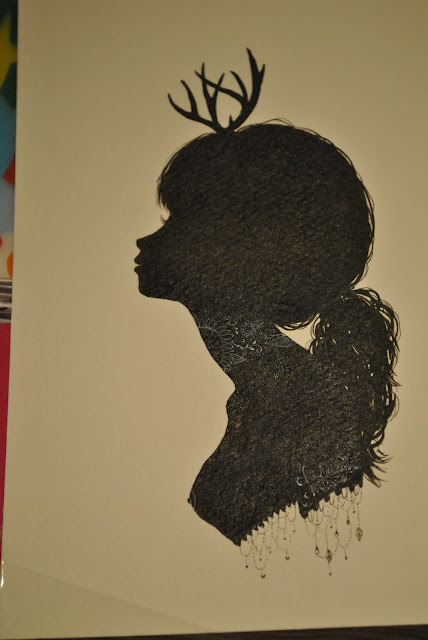I asked the lovely, brilliant, talented Amanda to write a post for me. I have always admired her blog, her careful, detailed and in-depth writing style, and her attitude towards the realities of recovery. Amanda has become what i would call a 'blog friend' to me, and i couldn't think of a more appropriate topic on which to hear her 'speak' than that of friends and eating disorders.
I have many of my own stories and theories on this, as well as on friendships in their own right. For now i'll let Amanda's piece speak it's truth, the great truth that it is.
I'm thinking of doing a series on friendships, so if you could please leave in the comments any ideas/suggestions/questions/topics that you would like me to address in an upcoming post, that would be wonderful (it may, but does not have to do with eating disorders)
Thanks! And now it's Amanda's turn...
When I was first diagnosed with an eating disorder, I didn’t know anyone else with an ed. I felt like a royally-screwed freak, to say the least. Going inpatient was my first exposure to other women with eating disorders, and that was a revelation to me! I didn’t feel so alone or bizarre anymore; instead I felt safe and accepted. These were (otherwise) normal women—not scary or strange!
 |
| (Source: Lusiacativo ) |
I almost immediately attached myself to someone who arrived shortly after me: my now best friend, Julia. We quickly formed an inseparable bond of mutual love, support, and trust. My counselor warned me not to become too attached to Julia, because becoming dependent on or competitive with each other would actually hinder our recoveries.
However, that never happened. I witnessed other relationships detrimental to overall recovery, but Julia and I remained strong and true friends. When she left the inpatient center before I did, that was a real test of my recovery—could I continue without her?
I’m proud to say that I could. And I did.
The next test was of our friendship. We live states apart, so would we remain friends after we both went home? Were we “eating disorder friends” (that is, was our friendship based entirely around our disorders), or were we friends who just happen to have an eating disorder in common?
The end of the story is that we are friends, period. She is my soul mate of friends, and our bond is not based on an eating disorder. That just happens to be what brought us together—and it’s amazing and frightening to think that if we hadn’t both gone into treatment at the same time and place, we never would have met!
Yet the fact is we do have an eating disorder in common, and that’s something we do still talk about and support each other in. Obviously that makes our relationship fundamentally different than our other friendships—and while that’s potentially toxic for some people, it’s not for us. It’s an unclear and difficult balance, but I think the difference is that we are friends first and we have eating disorders second.
And as selfish as this sounds, we are committed to our own recoveries first and each other’s recoveries second. Keeping that in perspective is most important, which is a major lesson I learned while inpatient…
Your recovery IS NOT and CANNOT be dependent on anyone else’s recovery.
 |
| (source: Here Comes the Sun) |
Granted it’s terribly hard to watch a friend fall and not be affected. After I came home from inpatient, one of my local friends “came out of the closet” with her eating disorder. I watched her struggle and crumble, and I have to admit that it hit me hard. However, even harder was the decision I had to make for my own health: I had to put my recovery first, because how could I support her if I relapsed into my own ed? And how could I tell her that she should be pursuing recovery no matter what if I wasn’t doing that too?
There is a fine line when it comes to friends with eating disorders, even if you only know them through blogs. So I think the “take home” points from this are:
- There is a difference between “eating disorder friends” who have only an ed in common, and friends who both happen to have eating disorders. (Hint: you want to be the latter.)
- Comparing or competing is not indicative of true friendship. You can only hurt each other in those ways, so it’s better to let go of those friends—err, frenemies.
- Your recovery has to take priority in your life. Once you are (relatively) free of your own ed, then you will be able to help others.
- Your recovery is not dependent on anyone else’s!
Author’s note: This was a surprisingly difficult post to write. It’s something that I believe is very important and needs to be addressed; but when I sat down to write, I had trouble deciding where to start. There’s so much to say, and I could probably write an entire series of posts on the subject (if not an entire blog)!
As I said, eating disorders + friendships is a sticky subject. And how can I pare down such a mysterious thing as friendships into mortal words? Who am I to judge or write about them? What do I know more than you?
I suppose my chief concern is this: keep yourself and your friendships safe. An ed tends to infiltrate every aspect of our lives and take away what’s most precious. We must fight hard and stay vigilant, but our eventual freedom and happiness is well worth the work.
















































